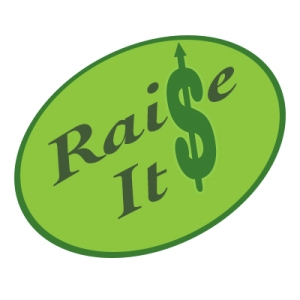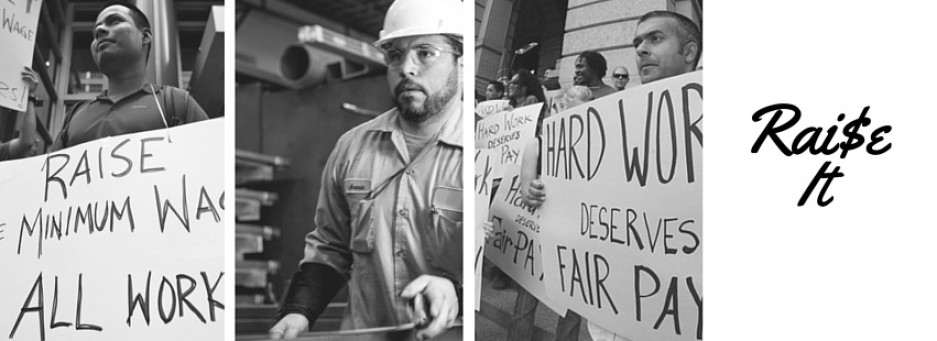Raising the federal minimum wage in the United States would have national economic benefits for everyone. Increasing the minimum wage would result in workers having more buying power. Buying power is a fancy way to say spending money. Billions of new money would be flooded into the economy because of this increase.
According to RaiseTheWage.org raising the minimum wage puts more money in the pockets of low income people and families. Workers can use this money to buy different goods and services within their communities. These large or small purchases feed directly into the economy, benefiting all of those around them. In a study done by the Chicago Federal Reserve Bank, for every dollar the minimum wage is increased, about $2,800 is spent the following year. This massive increase in annual spending will increase demand and job growth. Raising the wage by only dollar leads to billions of new revenue. A study done by the Economic Policy Institute says that for every for every $115,000 put into the economy, one new full-time job is created. After the federal wage increases, billions of dollars will be spent by new consumers. This increase in spending will create hundreds of thousands of new full-time jobs for various US citizens.

Raising the minimum wage would also vastly help the middle class. According to Professor Oren M. Levin-Waldman from the Metropolitan College of New York raising the minimum wage would “create a new floor.” Waldman means that by raising the wages of those at the very bottom, will subsequently push everyone above them up as well. He describes this process as a “ripple effect.” Data from 1962 – 2012 show that whenever the minimum wage increased, the median wage increased with it. Waldman continues on to say that the middle class has been shrinking because of the stagnant minimum wage. If the federal minimum wage were to increase, there would be massive amounts of job growth for the middle class.

As you can see, this increase in spending money for the people at the bottom would help everyone else in the meantime. Raising the minimum wage is good for everyone! #RaiseTheWage



